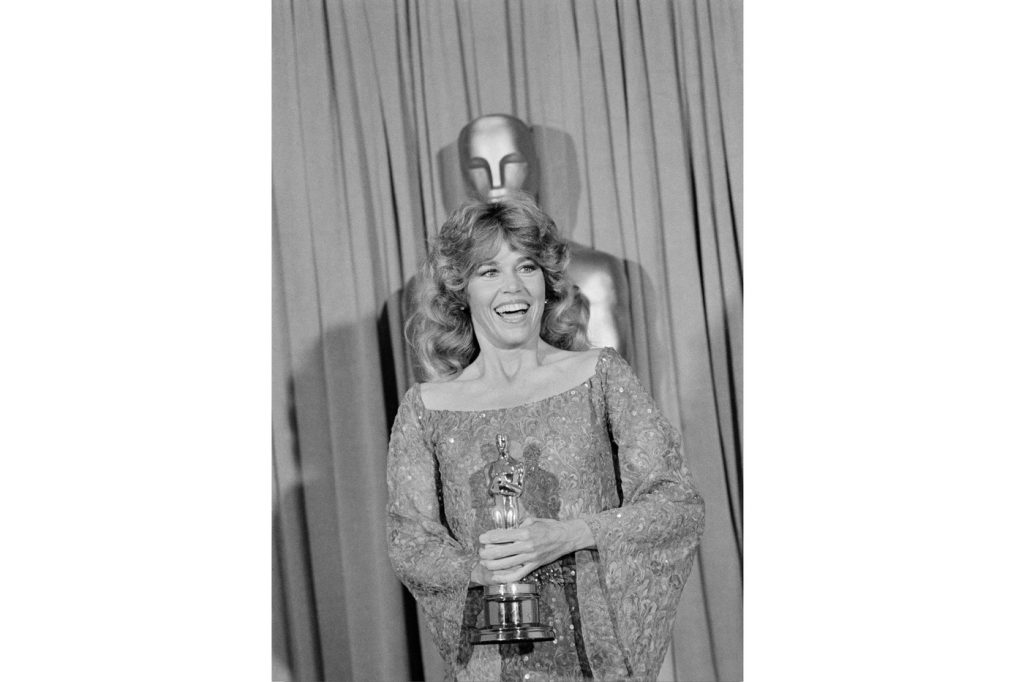The portrayal of female characters in Vietnam War films, particularly those created by Hollywood filmmakers in the late 1970s and 1980s, has been limited, with most roles serving as devices to advance male narratives. In Stanley Kubrick's classic "Full Metal Jacket," viewers encounter a Vietnamese sex worker who briefly engages with U.S. troops, uttering the phrase, "Me love you long time." This character's lack of depth is echoed in the scantily clad Playboy Bunnies in Francis Ford Coppola's "Apocalypse Now," who are flown in by helicopter to entertain soldiers. Both instances highlight the transient and stereotypical nature of female representation within such films.
Many notable films from the era largely focused on how war dehumanized men, relegating women to background roles. Notable exceptions do arise, such as in "Coming Home," where Jane Fonda earned an Oscar for her portrayal of a Marine wife who becomes involved with a wounded veteran. Filmmaker Tony Bui notes this film stands out as one of the few Hollywood depictions of the Vietnam War from a woman's perspective.
In "The Deer Hunter," directed by Michael Cimino, female character Linda, portrayed by Meryl Streep, plays a supportive role, primarily enriching the story of the male protagonists. While Streep's performance garnered an Oscar nomination, Linda only serves to advance the men's narratives. This contrasts sharply with "Coming Home," which centers on the emotional and physical struggles of women during and after the war, illustrating a more complex view of female experiences during this time.
Coppola's "Apocalypse Now" provides another example where women are present in the periphery, screaming in terror as soldiers wreak havoc. This violence culminates in brutal depictions of women, notably during scenes that invoke the horrific My Lai massacre in Oliver Stone’s "Platoon." Here, female characters bear witness to violence but are rarely granted agency or voices in their own stories. The depiction of women often highlights their victimization rather than their resilience.
Brian De Palma’s "Casualties of War" uniquely elevates a Vietnamese girl, the tragic victim of rape by U.S. soldiers, though her characterization remains superficial, focusing on her suffering and ultimate demise. Such representations underscore the tendency to portray female characters in relation to male violence and action rather than as fully developed individuals.
In "Full Metal Jacket," Kubrick does introduce a more complex female character when a female sniper, presented as a terrified girl, engages with the soldiers. However, her tragic demise serves to emphasize her suffering rather than her agency. Conversely, in Bui's own film "Three Seasons," a sex worker is a central character, exploring themes of love and post-war life in Vietnam.
Research shows that over half of Vietnamese films related to the Vietnam War feature female protagonists, highlighting stories of resilience and loyalty. Films such as "The Little Girl of Hanoi" and "When the Tenth Month Comes" depict young girls and women navigating the aftermath of war, representing the depth and multifaceted experiences of women during this conflict. These portrayals often symbolize broader themes related to national identity and resilience in Vietnam.
Oliver Stone has acknowledged the limited roles of women in his earlier films, making a deliberate choice to focus on male-driven narratives. However, in his film "Heaven & Earth," he shifts to highlight the experiences of a Vietnamese woman, Le Ly, thereby addressing previous critiques of his work and providing a more nuanced perspective on women affected by war.
Overall, the treatment of female characters in Vietnam War films reflects broader societal attitudes towards gender and warfare, revealing a tendency to marginalize women's experiences while occasionally revealing their strength and resilience against the backdrop of a violent conflict.











